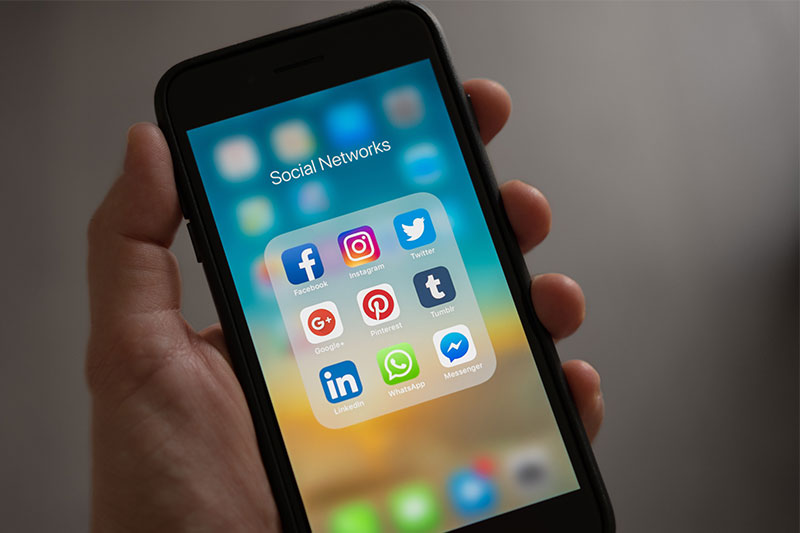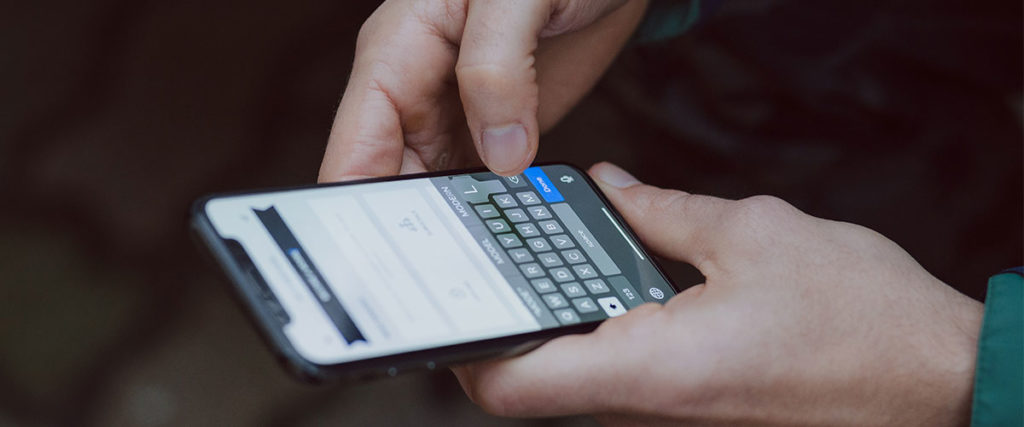Considering a digital detox? From reducing anxiety to improving your physical health, stepping away from your phone screen could help you reap a multitude of positive benefits.
We’ve all heard of detoxing… but can you really detox from technology? According to digital detox platform Time To Log Off, we now spend an average of 1 day every week online and check our smartphones every 12 minutes.
Over the years, countless studies have shown strong correlations between social media usage and depression and anxiety, while research from the Radiological Society of America found that our dependence on digital devices may be changing the way our brains operate for the worse. And with statistics like that, it’s unsurprising that so many are now considering a digital detox.
To put it simply, a digital detox is when you refrain from using tech devices such as televisions, smartphones, computers, tablets, and social media sites. In many cases, people will detox or disconnect from digital devices as part of an effort to reconnect with people and the real world without distractions, reduce stress levels, and improve overall wellbeing.
Here are 5 reasons why you should consider digital detoxing, as well as some tips to help you on your journey.

5 Reasons to Consider a Digital Detox
#1 Improve Your Mental Health
“Occasional users [of social media] are almost 3 times less likely to be depressed, while most young people – who happen to be heavy users – are more likely to be depressed, and rate their mental health really low,” says Michael Needham, a health writer at Last Minute Writing and Writinity. “When people aren’t on social media that often, they’re more likely to experience good mental health, and feel better about themselves in the long-run.”
#2 Stop Comparing Yourself to Others
Passive social media usage refers to quietly observing other people’s social media, causing you to envy and resent that other person’s ‘life’, igniting that pesky ‘Fear of Missing Out’ (FOMO). Not only can this make people try to live like the other person, but it can also make them feel inferior to the point where they lose copious amounts of self-esteem, increasing anxiety.
#3 Change the Way You Seek Validation
Active social media usage refers to regularly posting videos, pictures, status updates, comments, or posts in the hopes of getting approval and admiration from others – or so to speak: “fishing for likes”. Not only does this fuel self-doubt and self-loathing, but it can also lead to things like cyberbullying and, unfortunately, suicidal behaviours.
#4 Improve Your Physical Health
“Heavy usage of social media and digital devices can negatively impact your physical health by creating health problems and sleep problems,” says Thomas Stevenson, a marketing blogger at Draftbeyond and Researchpapersuk. “Staring at a small screen – or any digital screen for that matter – can cause migraines, headaches, and vision problems, which can keep you from functioning during the day, and keep you from sleeping well at night.”
#5 Be More Engaged with Real-World Activities
Recent studies have shown that the more time that a person devotes to online social media activity, the more likely they’ll be disconnected from real-world activities, such as attending in-person events, hanging out with friends and family, going on real dates, etc. The good news is that real-world socialising helps lower your risk of depression, anxiety, and other mental health problems that can come from sitting around online all the time, indulging in your social media newsfeed.

How To Digital Detox
Now that you understand the effects of heavy social media usage, it’s safe to say that a digital detox, at least on your personal accounts, may be a solution to getting your life back in order (barring social media mainly used for business, educational, and familial purposes). To do it correctly, here are 3 easy and beneficial steps to help you limit your time on digital devices and social media, or even eliminate it from your life completely.
#1 Create a schedule that works for you.
Begin by setting small boundaries, which limit your daily smartphone or social media use. Try switching your phone off for a couple of hours during work or banning smartphones from the dinner table. Another option would be designating a curfew a couple of hours before bedtime or limiting your use during weekends.
#2 Establish a device-free space
Some places will have signs saying, ‘No phones, tablets, or laptops’, to encourage the public to engage in social conversations with one another. Why not have a digital-free space in your home, such as the bedroom or dining room?
#3 Pick up a new skill
There are many alternatives to social media and digital devices that can help quench boredom, if you know where to look – new hobbies, volunteering, etc. Spend that time you would have spent scrolling through Instagram on something productive like building up a new skill or reacquainting yourself with old friends.
Conclusion
While going device-free can be stressful at times, it’s important to do so at your own pace. Sure, you might feel annoyed, anxious, and even bored without your smartphone, computer, or any other tech gadget – and you may even feel annoyed that you can’t see what others in your social network are doing online.
Digital detoxing is here to help you feel refreshed and live life stress-free. It’s both positive for mental and physical health and allows you to create a new space for new activities that help promote a healthy lifestyle.
Related Articles
6 Key Digital Detox Habits to Practice in 2020





